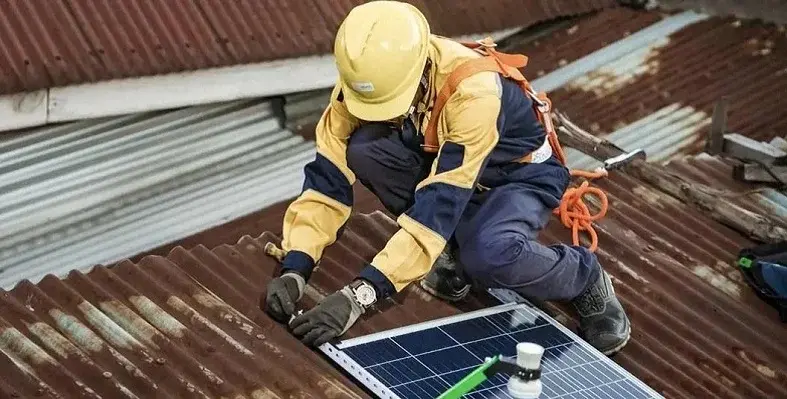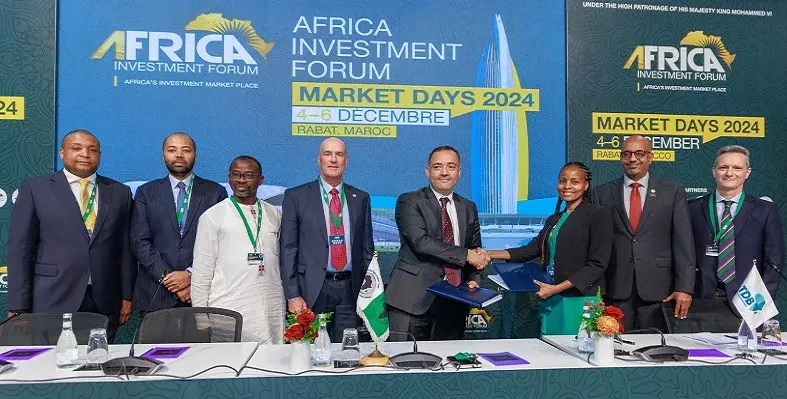South Africa-headquartered DMA has agreed to acquire a majority stake in Saxo Australia from Saxo Bank, a leading online trading and investment specialist
DMA is a global leader in all-in-one software solutions for financial advisers and wealth managers.
As part of the acquisition and partnership, DMA will leverage Saxo Bank's platform and trading technology for clients for the Australian market.
The Johannesburg-based group will assume 80.1% ownership of Saxo's Australian business, subject to regulatory approval, with Saxo Bank retaining 19.9%.
With the transaction, Saxo's award-winning platforms, product range, competitive prices and interest rates will be complemented and strengthened by DMA's business-to-business knowhow, world-class adviser offering and track record of growth.
“We believe DMA’s platform offering will bring tangible benefits to Australian financial advisers and wealth managers, while the business will continue to focus on delivering high-touch, high-quality service for self-directed retail clients," said DMA's CEO, Richard North.
"It'll be the best of Saxo and the best of DMA and we think that adds up to the marketplace's best choice for investors and partners across the entire lifecycle.”
This transition represents an expansion of an existing partnership between DMA and Saxo in South Africa, the Netherlands and the UK.
In these regions, DMA already leverages Saxo's capabilities, outsourcing the brokerage business model, managing all aspects of trade orders, execution, settlement and post-trade operations.
Saxo's open architecture means that DMA can build additional interfaces, digital services and trading experiences for Australian clients.
Currently, more than 160 wealth managers and adviser networks across Africa, Europe, and the United Kingdom use DMA to access global markets.
Specifically for the Australian market, Saxo's banking as a service (BaaS) solutions paired with DMA's software solutions will enable Australian institutional partners, such as financial advisers and asset and fund managers, to connect front, middle, and back-office functions under one solution.
Saxo will deliver the best-in-class digital investing and trading platforms, and will also provide the back-office infrastructure, from clearing and settlement to execution and custody.
This will support financial services firms to reduce back-office cost and complexity and enhance client-facing services.
The new business will retain Saxo Australia's staff, led by its CEO, Adam Smith, while looking to bolster its Australia-based workforce to ensure clients get the best investing and trading experience.
The name and brand of the new business will be determined after a transitional period, with the business to continue operating as Saxo Australia in the meantime.
The sale comes after Saxo Bank in June 2024 announced a review of strategic opportunities in the Asia-Pacific, seeking to accelerate its growth in the region.
"We will ensure a smooth transition and aim to enhance the offerings and services provided,” said Smith. “The clients of Saxo Australia will notice absolutely no disruption in service, product range, or platform access. We are very pleased to partner up with DMA and believe that this will be a game changer for Australian clients.”


















